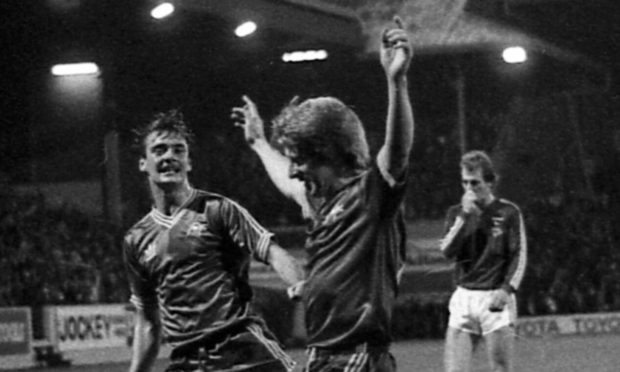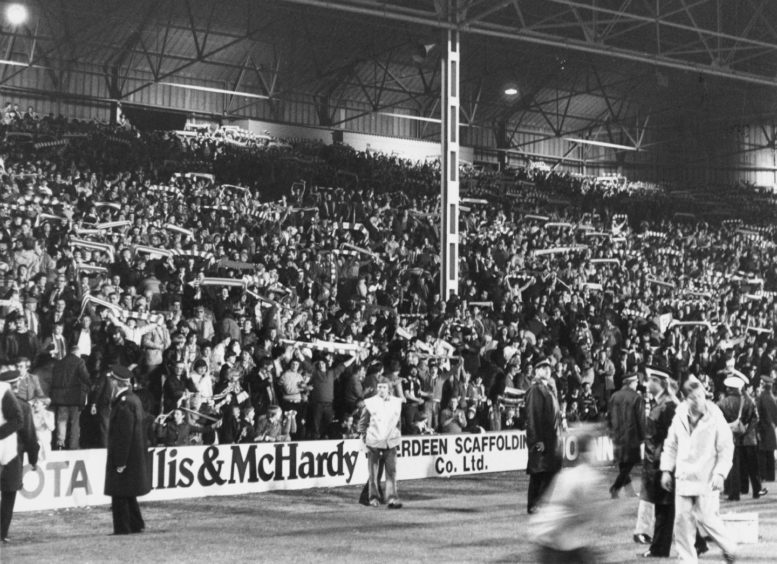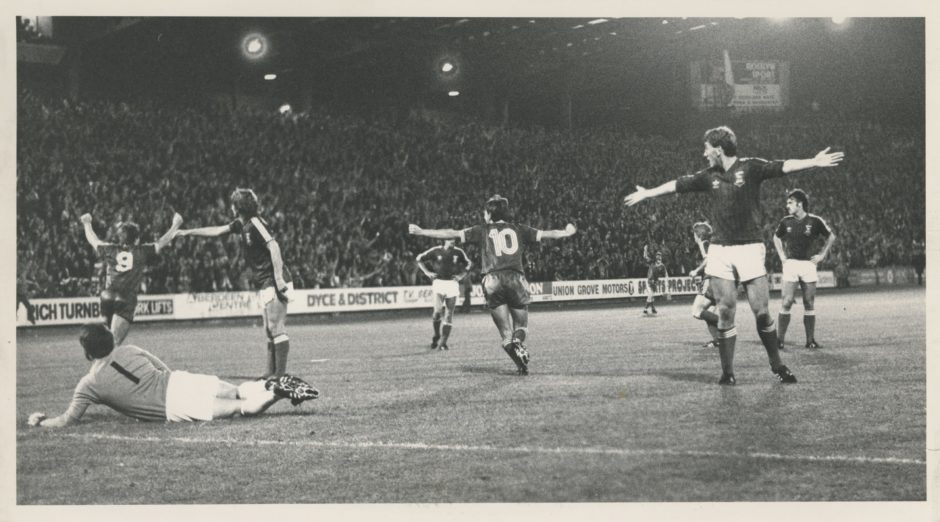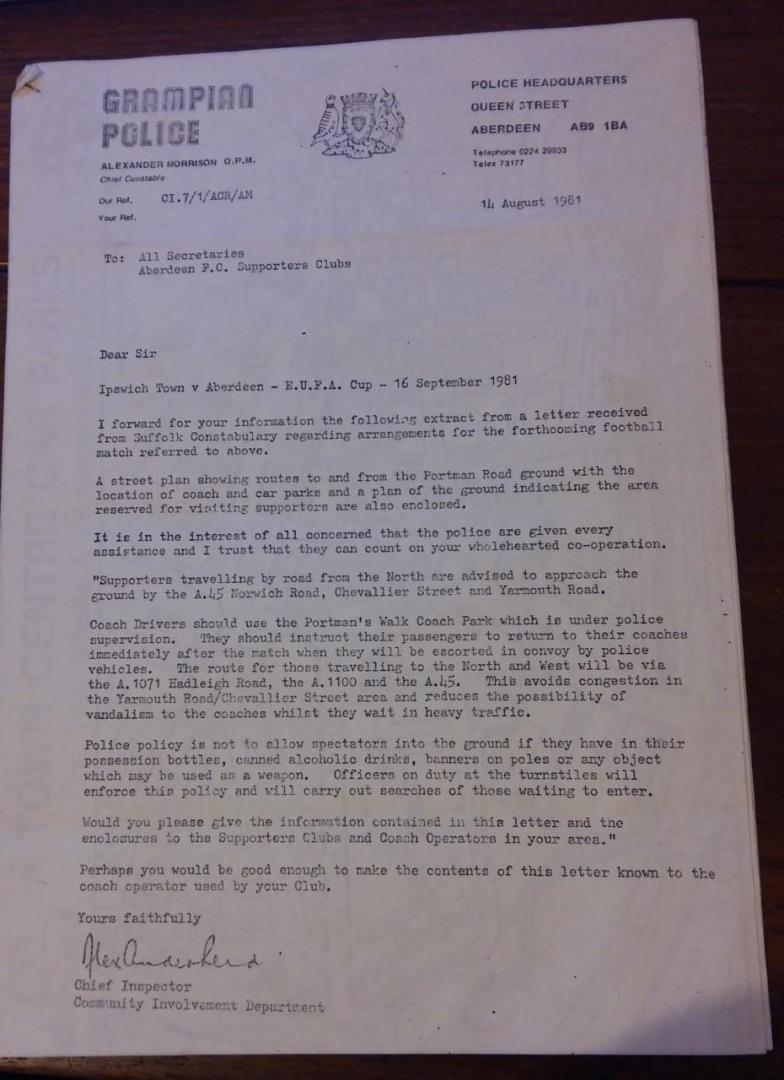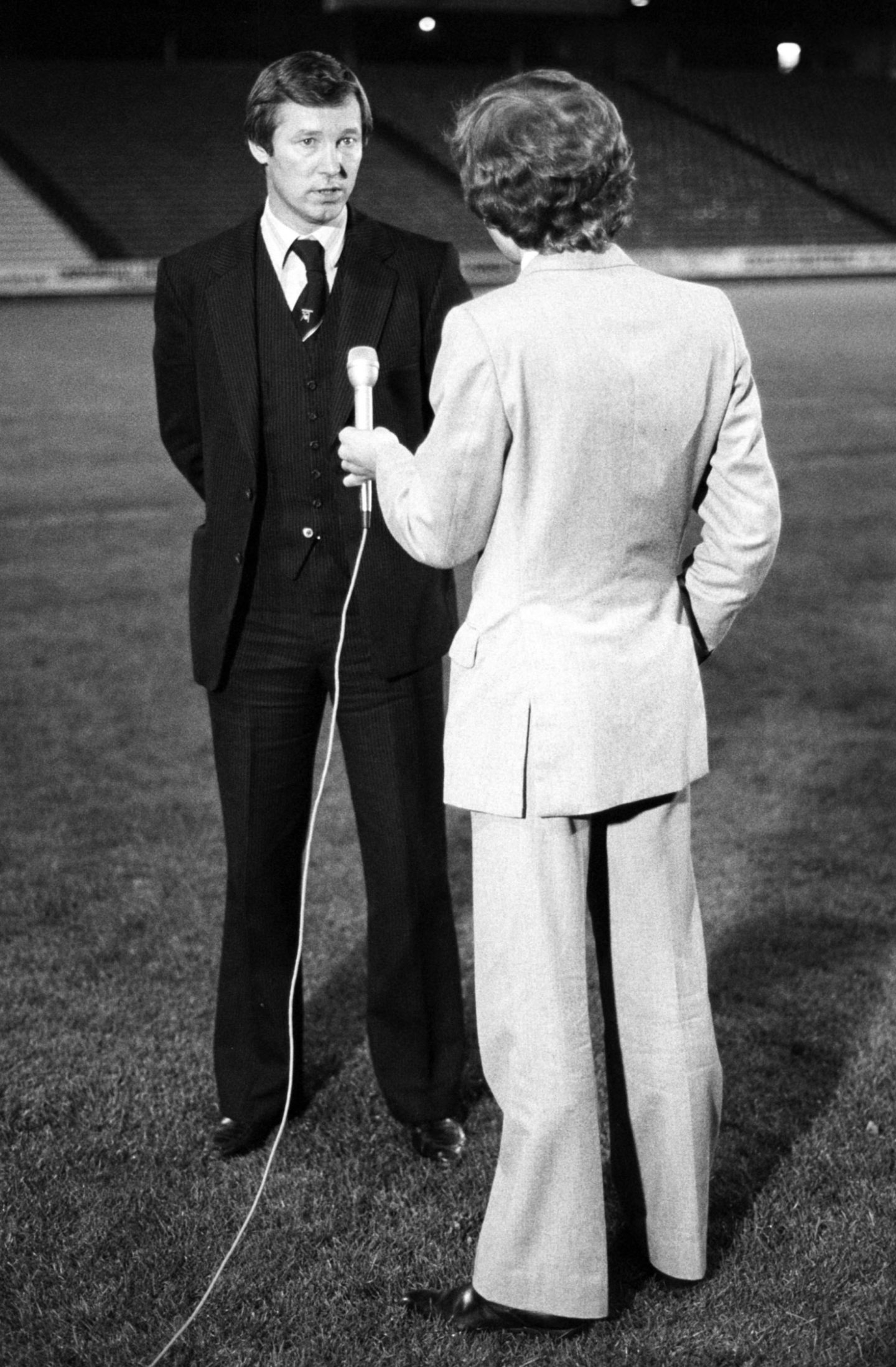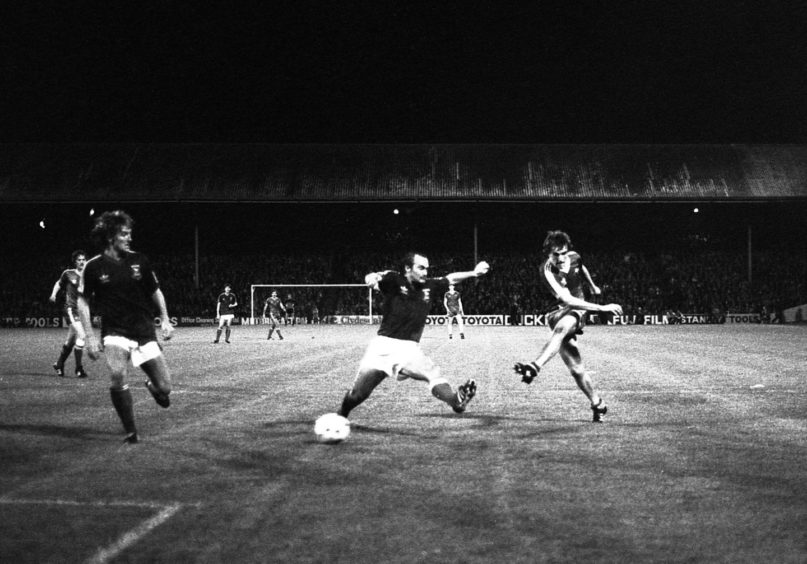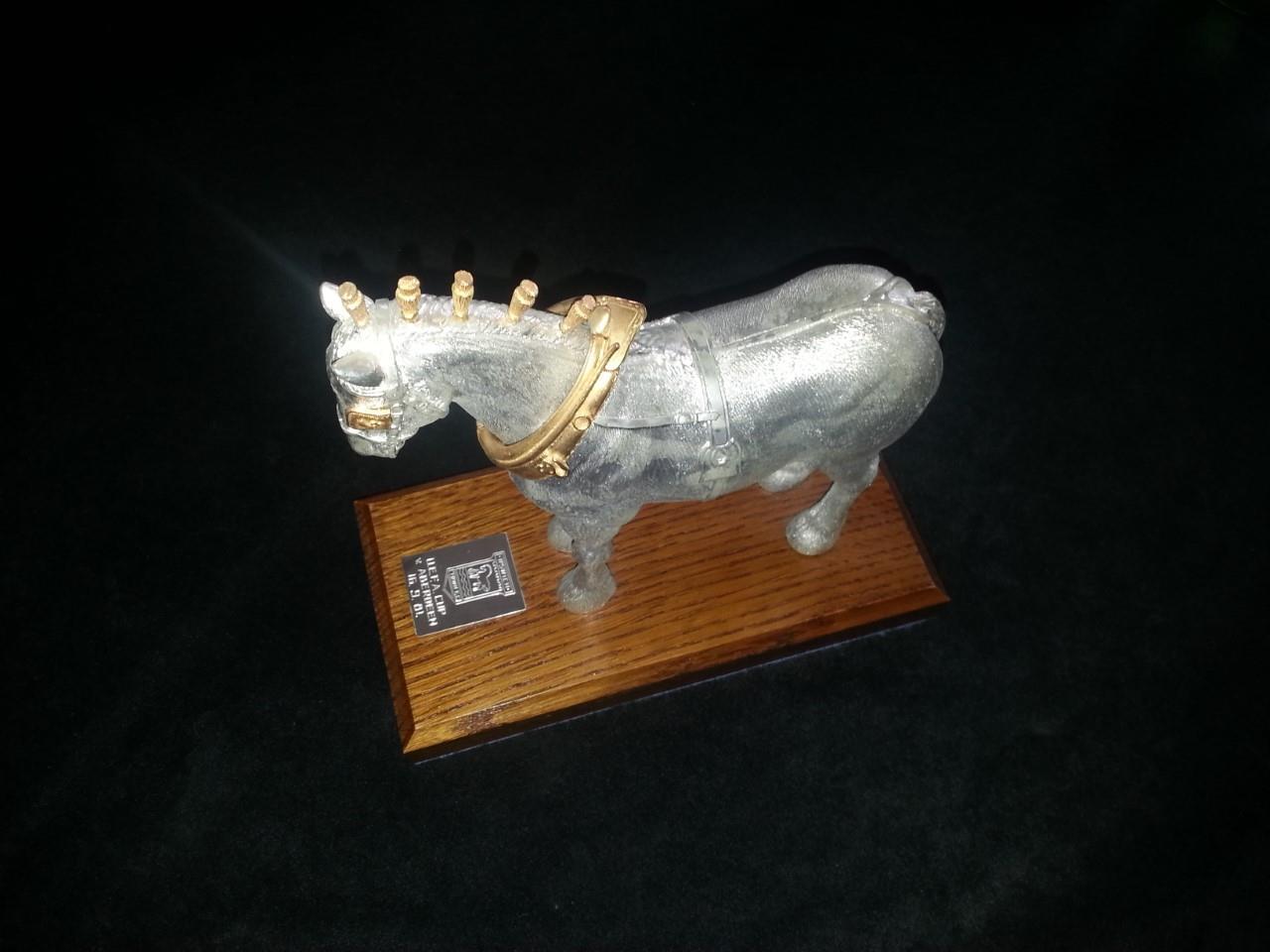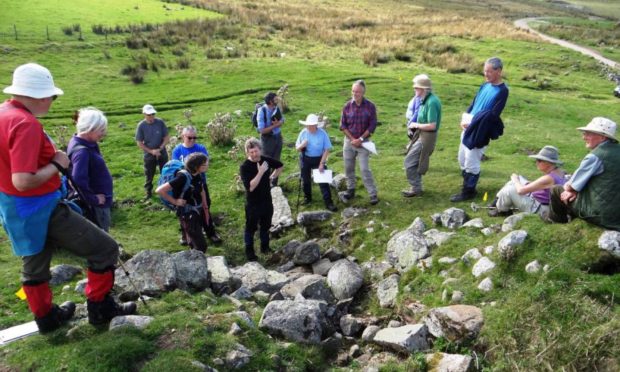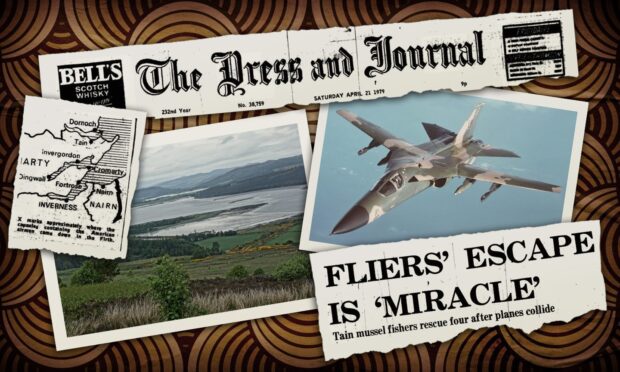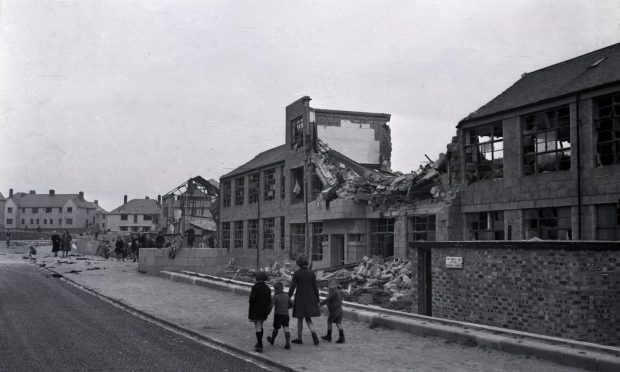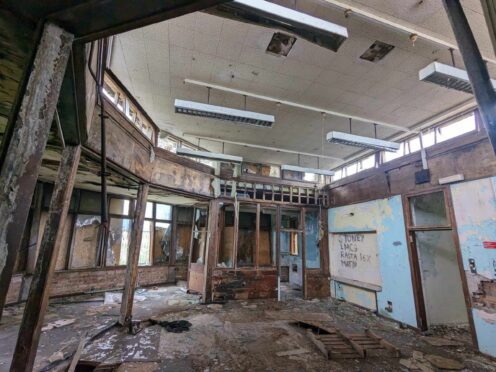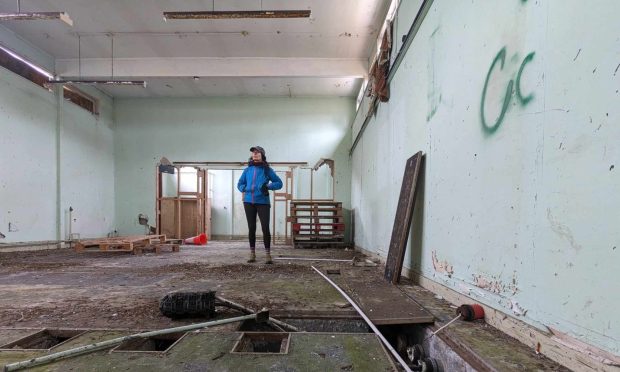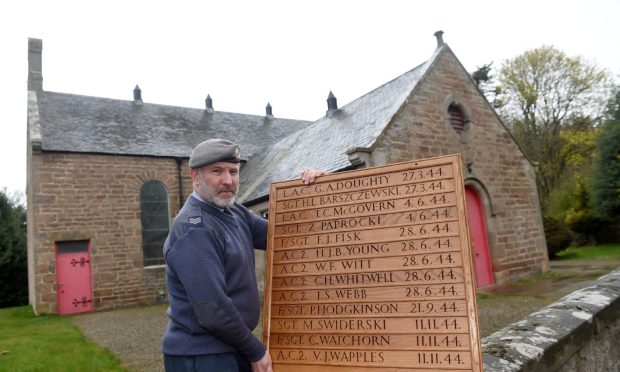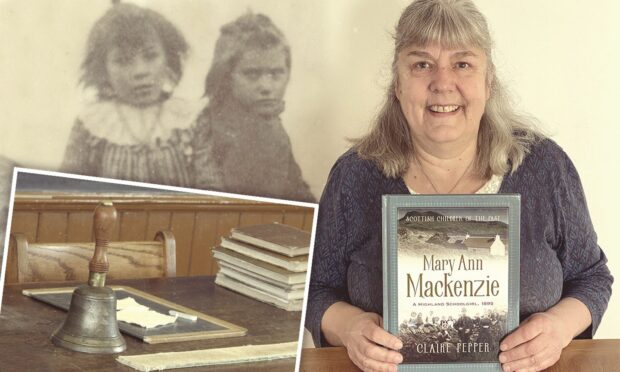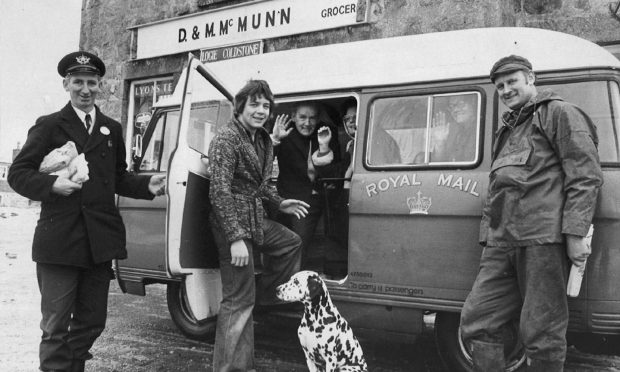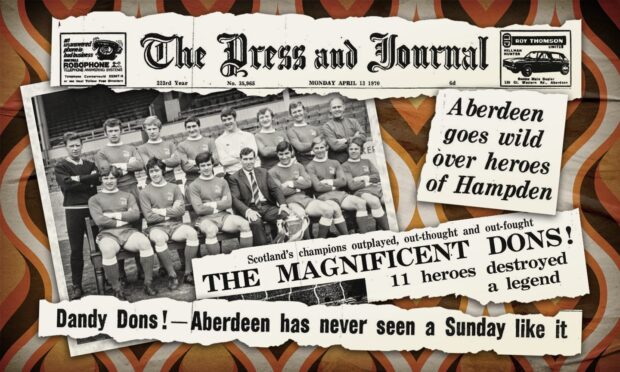They were the visceral contests that proved Aberdeen were becoming a force to be reckoned with in European football.
And even now, 40 years after Alex Ferguson’s players defeated reigning UEFA Cup champions Ipswich Town with a double demonstration of their flair, finesse and redoubtable defence, some in their ranks still talk about these ties as being pivotal to building the momentum that led all the way to Gothenburg glory two years later.
Alex Ferguson had admitted that his Pittodrie charges needed to learn lessons after they were thrashed 5-0 on aggregate by Liverpool in the European Cup in 1980.
Yet, while the outcome of that particular Battle of Britain sparked a serious bout of soul-searching from the Scots, it also fuelled a determination to redress the balance when they were pitted against English opposition for the second season in a row.
But they knew that if they were to prevail, they would have to pack a real Suffolk punch.
After all, in these days, and with the acclaimed Bobby Robson as their manager, the Portman Road club had enjoyed unprecedented prosperity at home and in Europe.
At their peak in the 1979-80 season, they thrashed Manchester United 6-0 in a league game where United goalkeeper Gary Bailey, remarkably, saved three penalties but still couldn’t prevent the Old Trafford faithful from calling for heads to roll.
Ipswich were the real deal under Robson
Major success arrived in 1978 when Ipswich got the better of Arsenal at Wembley to win the FA Cup for the first and only time in their history and that triumph was followed by UEFA Cup glory in 1981 when they edged out AZ Alkmaar 5-4 in a thrilling two-legged denouement that ebbed and flowed for 180 minutes.
Their run to the final included a stunning 4-1 win at St Etienne, captained by Michel Platini, and Robson’s personnel also finished as league runners-up in 1981 and 1982.
They were a class act with a string of internationalists in their ranks including Dutchmen Arnold Muhren and Frans Thijssen, the Scottish duo of John Wark and Alan Brazil, and England internationals Terry Butcher, Paul Mariner, Russell Osman and Mick Mills, nimbly orchestrated by a manager who was establishing a global reputation.
But they found themselves being tested and upstaged when the sides met on September 16 in the first leg in the south of England.
Ipswich were clear favourites in the build-up to the opening skirmishes, and especially on their own patch, but there was a steely commitment from the Dons that emphasised they had no intention of surrendering the initiative to their rivals.
This was obvious by the intensity of their tackling and warriors such as Willie Miller, Doug Rougvie, Alex McLeish and Andy Watson rampaged over the turf and only conceded one goal, when Thijssen sent his team in front a minute before half-time.
‘We took Aberdeen too lightly’
It was a setback, but not one that remotely floored the Scots. Paul Mariner, who missed the initial tussle through injury and was forced to watch the action from the stand, recalled: “In advance of the game, the boss had Aberdeen watched and produced a report for us to study.
“So, going into the match, the lads were feeling confident.
“We thought at Portman Road that we would be okay in front of our own fans and we believed that we could, at the very least, get a two-goal advantage which, we reckoned, would probably be enough for us to progress.
“But we really didn’t play well that night and if I am being perfectly honest, I think that we took Aberdeen too lightly.”
As it transpired, there was a second goal in the contest. But it was scored by Aberdeen’s teenage prodigy John Hewitt, and the Dons returned home with a share of the spoils.
His words were a candid admission that some in the Ipswich team had underestimated Ferguson’s men and had perhaps started to believe their own publicity.
By now, a few of them were basking in the limelight as film stars in John Huston’s Escape to Victory, which featured the likes of Pele, Bobby Moore, Sylvester Stallone… and John Wark.
They had grown accustomed to defying the odds and despatching opponents, but they were clearly rattled by the fashion in which Aberdeen had stormed out of the trenches.
Even the normally urbane Robson – one of the sport’s gentlemen and a father figure to so many leading footballers – was caught off-guard by the ferocity of their display.
As the former Aberdeen Journals writer Jack Webster said: “There was an element of surprise about the Robson eyebrows when his team were held 1-1 in the opening leg.
“But then, with touches of that southern arrogance which often irks the Scots, Robson expressed doubts that Aberdeen could play any better when the sides met again.
“The presumption was that his own team would step up their performance in Aberdeen on September 30 and make their way through to the second round of the competition.”
It was a red rag to the bullish Ferguson and meant he didn’t need to stir his men with Churchillian rhetoric when the combatants lined up at a packed and partisan Pittodrie.
The fixture generated plenty of attention across Europe. Even five years earlier, the notion of Aberdeen and Ipswich becoming European giants would have been ridiculed as cloud-cuckoo-land material by the majority of people, but times had changed.
So, too, Pittodrie was acquiring a taste for these big occasions when the stadium was rocking and, given the hype, it was hardly surprising the crowds streamed down Merkland Road to see if the reigning UEFA Cup holders could be toppled.
Penalties from Gordon Strachan and Wark maintained the deadlock at half-time, but Aberdeen were once again providing plenty of threat and all it required was for somebody to step up and stamp their imprint after the interval.
And cometh the hour, that force of nature turned out to be Peter Weir, the talented but inconsistent performer who had previously been struggling to live up to the expectations of his significant – at the time – £300,000 transfer from St Mirren.
However, when the action resumed, he was a ubiquitous figure, and had decided that he could leave Mick Mills clutching at shadows if he regularly ran at him at pace.
It was a bold strategy, one which paid almost immediate dividends, and the more possession that Weir received, the greater his impact on the contest.
He was in his element. Whereas, when it mattered, the hapless Mills bombed.
Webster was among those who marvelled at the spectacle of Weir in full flight. As he later wrote: “Suddenly, in that second period, he began to show his real power, running relentlessly at Mick Mills with such tantalising skill as to throw the international defender into total confusion.
“It was no surprise when he scored to put Aberdeen 2-1 in front, and that welcome event was tempered only by the lurking thought that an Ipswich equaliser might put them through on the away-goal rule.
“But if that fear existed, Weir was having none of it. Running once more at Mills, he sealed the match for Aberdeen with a third goal, which not only dismissed the cup winners in the first round, but rang alarm bells across Europe and sent out the message that a team from the north-east of Scotland was on the march.
“The harsh Liverpool lesson had not been wasted on Ferguson and his men.”
To his credit, Robson acknowledged that the Dons had amply merited their success and wished them well for the remainder of the tournament.
Mariner, for his part, added: “We were a hell of a good team but take nothing away from Aberdeen. The spine of that team was very good and when you have players like Peter Weir, who had an absolute stormer of a game, it changes everything.
“Peter had pace, he had a good touch, and he could go down both sides. For a full-back coming up against that style of player, it’s a recipe for disaster.”
Incidentally, those Dons aficionados who couldn’t secure tickets for the match had to wait until 10.40pm to discover whether their heroes had progressed.
With no live coverage of the game, the highlights were screened on Grampian’s Midweek Sports Special, where the football shared the bill with gymnastics.
Ferguson’s team disposed of Romania’s Arges Pitesti in the next round, eventually winning 5-2 on aggregate, although they trailed 2-0 in the second leg at one stage.
But their UEFA run ended thereafter when they were drawn against Hamburg and found the German giants too tough a nut to crack, even though the Scots triumphed 3-2 at Pittodrie as the prelude to losing 3-1 in Germany.
Yet, while there was no European prizes that season, the stars aligned when IFK Goteborg demolished Hamburg 4-0 in the final, contested over two legs.
Yes, Gothenburg and Hamburg. Two names which have become inextricably linked with the greatest achievements in Aberdeen’s history in 1983.
The tournament where Aberdeen hosted Manchester United and proved they could beat England’s best
